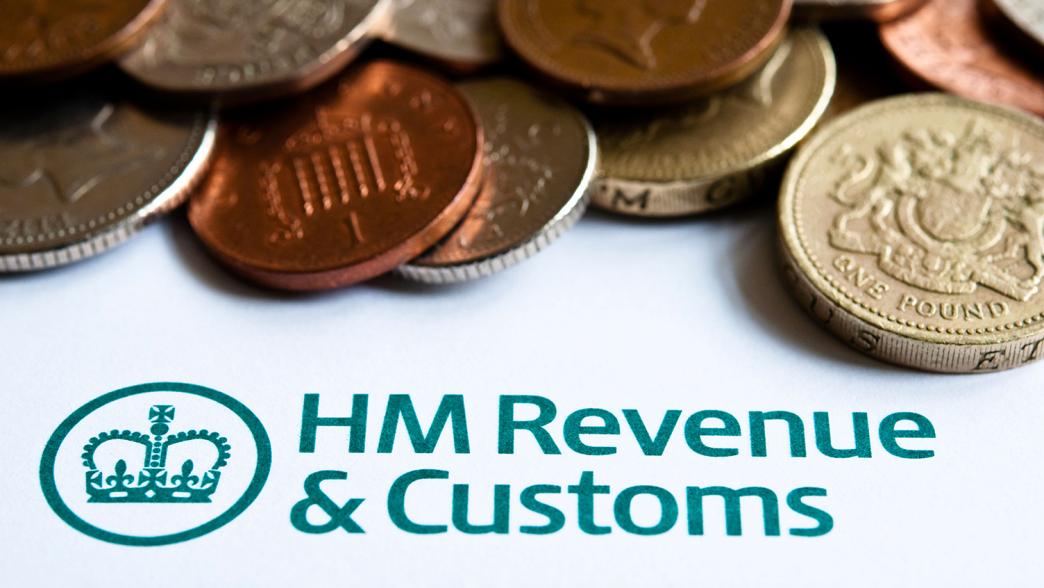Overcoming the barriers to tax reform
The UK tax system needs substantial reform, but recent governments have shied away from it because of public resistance.

The UK tax system needs substantial reform, but recent governments have shied away from it because of public resistance.
That needs to change – and government should seize the chance to do so. The coronavirus epidemic will accentuate existing problems – but may also bring public support for tax reform, offering government a rare opportunity to make sweeping changes.
Government has been finding it harder to raise revenue – for example, digital businesses are increasingly prevalent but harder to tax, while self-employment has been becoming more widespread but the self-employed have to date been more lightly taxed than employees. There are also long-standing, well-known inefficiencies in the tax system and unnecessary distortions, including expensive reliefs which have long outlived their purpose.
At the same time, the health and social care needs of the UK’s ageing population have been putting increasing pressure on public spending, requiring tax rises unless the scale and scope of services is reduced. Even before the coronavirus crisis, there appeared to be no public appetite for paring back services; now, there is likely to be support for much more funding for the NHS.
These longstanding pressures all underline the need to reform the tax system to allow it to raise the revenue needed in an efficient and fair way.
The coronavirus outbreak adds new pressures. The government’s economic rescue package will add many billions of pounds to public debt, which will have to be financed. It may create public desire for a permanently larger role for the state – with higher spending to increase resilience in public services and a more generous welfare system. The aftermath of this crisis could provide an opportunity to address longstanding problems and improve the way in which we raise tax – and indeed, to move to a higher tax system if that is indicated by public desire. But that will require major tax reform that previous governments have struggled to deliver.
This report sets out the main barriers that stand in the way of reforming the tax system and how the government could overcome them.
Based on over 70 interviews with former ministers, current and former civil servants, journalists, tax experts and others – and drawing on experience and practice from the UK and other similar countries – the report highlights the barriers to reform and identifies ways to overcome them:
- The prime minister and chancellor must set clear objectives for the tax system. At present there is no clear direction, which hinders reform. As the government moves to rebuild the UK economy after Covid-19, it needs to be clear about what it wants the tax system as a whole to achieve, including how much revenue is needed. Clear objectives would help the government persuade the public of the need for reforms, including – for some at least – paying higher taxes. It would help civil servants to focus on the government’s priorities and would help MPs to hold the government to account for delivering these objectives.
- The government should establish a tax commission. This would help generate public discussion of the problems with the current tax system, how revenue is – or could be – raised and provide a forum to debate how the state should be funded after Covid-19. Without such public discussion, the government’s space for reform will be limited. The tax commission should pull together evidence on – and explain to the public – the problems with the current tax system and generate debate about and build consensus around options for reform. This would build on experience overseas and on successful commissions, for example on pensions, in the UK.
- The Treasury should do more to build public understanding of the need for tax reform. It should do this by publishing the evidence government generates more openly and consulting on tax policy at an earlier stage more often. The government could also make greater use of independent bodies – in particular, the Office of Tax Simplification – to generate debate and make the case for tax reform.
- The Treasury and HM Revenue and Customs (with the support of ministers) should work to build a stronger evidence base for tax reform. At the moment, evidence on the size and distribution of the economic costs imposed by the UK’s poorly designed tax system is weak. The Treasury and HMRC could help improve it by evaluating tax policies and tax reliefs more systematically, providing easier access to administrative tax data for external researchers, and building stronger links with external researchers.
- The Treasury Select Committee (TSC) should spend more time looking at the tax system. Parliamentary interest in the tax system is limited. The TSC should do more to support tax reform by holding the government to account on the long-term resilience of the system – for example, by holding regular inquiries on publications like the Office for Budget Responsibility’s Fiscal Risks Report. As TSC chair, Mel Stride can act as an influential non-government spokesperson on the economy and should use this position to raise the salience of tax among parliamentarians and the public.
- Tax reform measures need to be carefully packaged. When implementing tax reforms, the government should be persistent and think carefully about how the measures are packaged – including with spending measures – to help compensate some of those who might lose and to convey a compelling narrative about the objectives for reform. The government also needs to think carefully about how and when measures are implemented.
Read our interviews
- Topic
- Public finances Policy making
- Keywords
- Tax Economy Business Spending review NHS
- Position
- Chancellor of the exchequer
- Department
- HM Revenue and Customs HM Treasury
- Publisher
- Institute for Government